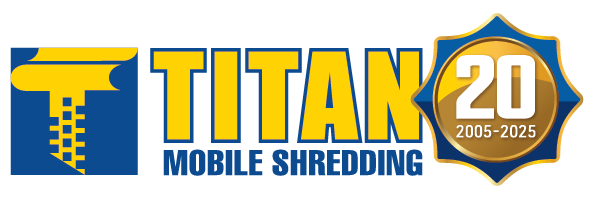Document Retention Protocols for Individuals and Businesses
Whether it is a home office, a storage locker, or an office record-keeping room, storing and sifting through piles of papers is always tedious and time consuming, not to mention the waste of space. While some people tend to hang on to every piece of paper, including junk mail, others cannot wait to wash their hands off paper records. The same is true of digital documents that tend to pile up over time, using up considerable space on your hard drives and networks.
However, there are certain records that you should hold on to eternally, or over an extended period of time. This is either a legal requirement, or simply a valuable input for other related activities, such as tracking your finances, filing taxes, dealing with potential lawsuits, and such. Read on for a quick snapshot of what to retain, and for how long.
A Simple Guide to Document Retention Timelines
The dilemma of what to keep and what to shred or destroy has no easy answers. For businesses, you may have a few guidelines in the form of federal, state, or other industry-specific regulatory norms. For example, is your business a part of the legal, financial, or health care industries? If yes, then laws, such as GLB, FACTA, and HIPAA offer clear mandates on privacy protection, retention, and secure destruction of records. However, retention of personal documents is usually a judgement call. You are better off saving something for an extended duration, rather than rushing to destroy a critical document.
Here is a summary of the type of records that you may want to hold on to.
- Retain for a Month or So: Hold on to any large financial transaction related receipts, or ATM withdrawal slips, until your monthly bank account and credit card statements are generated. These documents will come in handy if you need to trace or reconcile any unexpected debits or credits for that period.
- Retain for a Year or So: Whether in physical or digital format, retain your pay stubs for up to a year, or until such time as you receive your employer tax statements.
- Retain for a Fixed Duration, then Shred: Retain records related to any ongoing loans, mortgages, club memberships, car or home repairs, or maintenance contracts, until completion of the tenure. Once you pay off the loans, or your warranties or contracts expire, carefully shred the documents that are no longer relevant. Remember to check that you are not in breach of any federal or state laws, before getting rid of these documents. For example:
- Depending on your location, you may have to retain documents related to an accident report or insurance claim anywhere between 3 to 7 years.
- In the case of tax related supporting documents, depending on your filing circumstances, the IRS may demand to see these records 3 to 7 years after you file a return.
- Retain Indefinitely: Certain documents are eternal, which means you need to retain them permanently; for example, life and death certificates, wills, marriage certificates, etc. Minimize the impact of potential thefts, natural calamities, negligence, or forgetfulness by scanning and digitizing these records, instead of retaining them only in hard copies.
- For individuals: Hold on to your state and federal identity records, including passports, health cards, and social security documents. Also retain your education certificates, employment records, medical records, titles and deeds, asset ownership records, tax, investment and pension documents, and other such critical records.
- For businesses: This list could be considerably longer, and may include several other corporate documents. For example, articles of incorporation, audit reports, financial statements, trademarks and patents, legal records, cash books and registers, employment and retirement records, and more.
All the above listings are indicative; carefully consider what to keep, destroy, or retain personally, as well as for your business. When it is time to get rid of old records, opt for shredding your paper documents and digital media drives, instead of simply dumping them in the recycle or garbage. At TITAN Mobile Shredding, we are a NAID AAA Certified company, with a range of on-site and off-site secure shredding services. Our professional data destruction specialists will ensure that you remain compliant with all applicable laws, and industry specific record management norms.
Call (866) 848-2699 or contact us online to know more about our services and request your free quote



